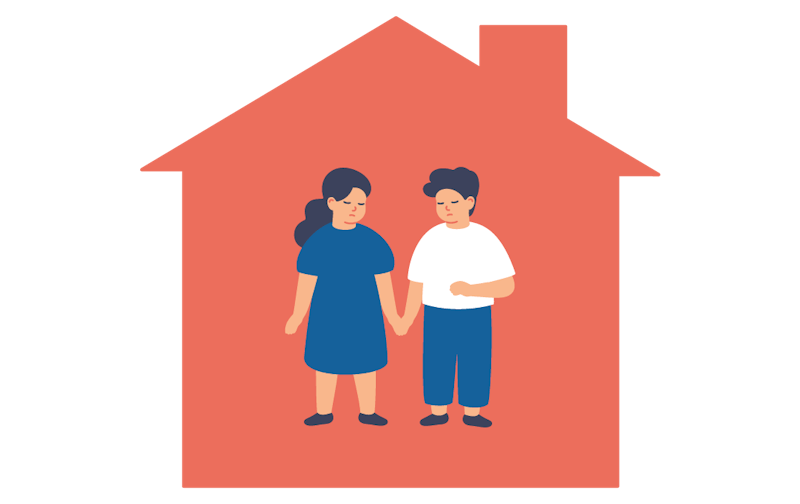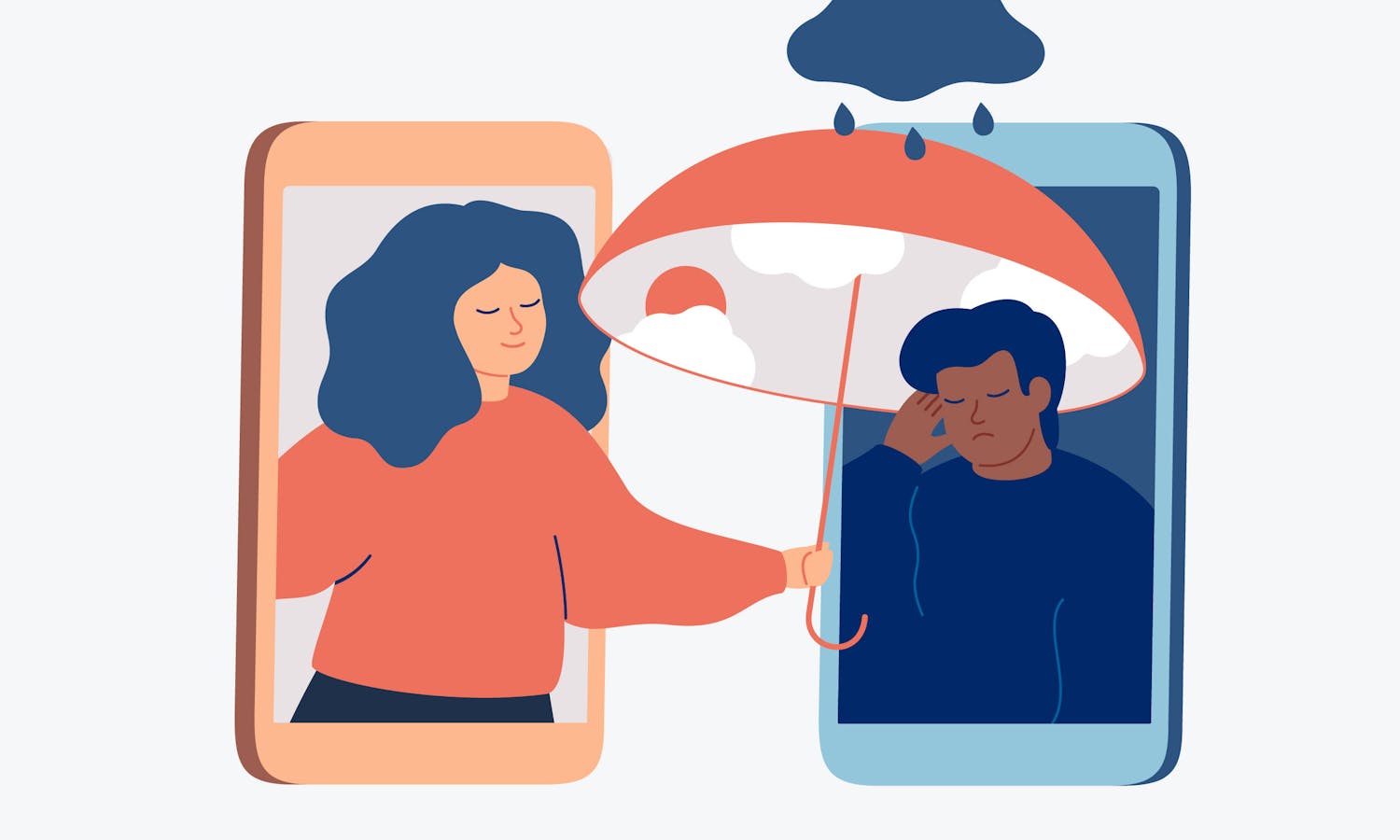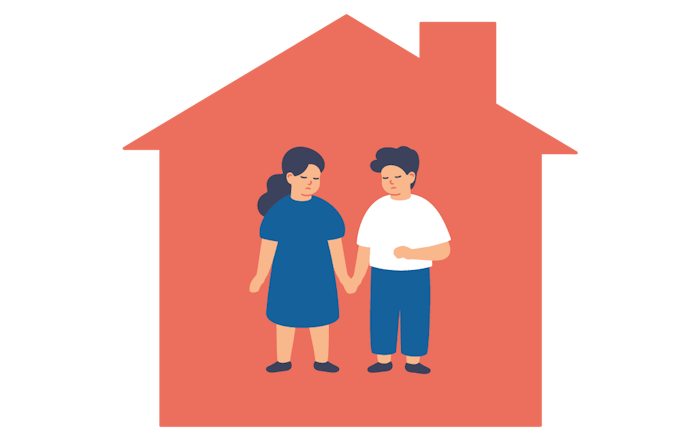Domestic Abuse
Domestic abuse doesn't necessarily have to happen at your home. It can also happen when you're traveling or in other places. Sometimes people who are involved live together, but they don't have to. The abuse can be many different things, for example, physical, sexual, or emotional. It is also abuse if you are forced to witness abuse in your home.








